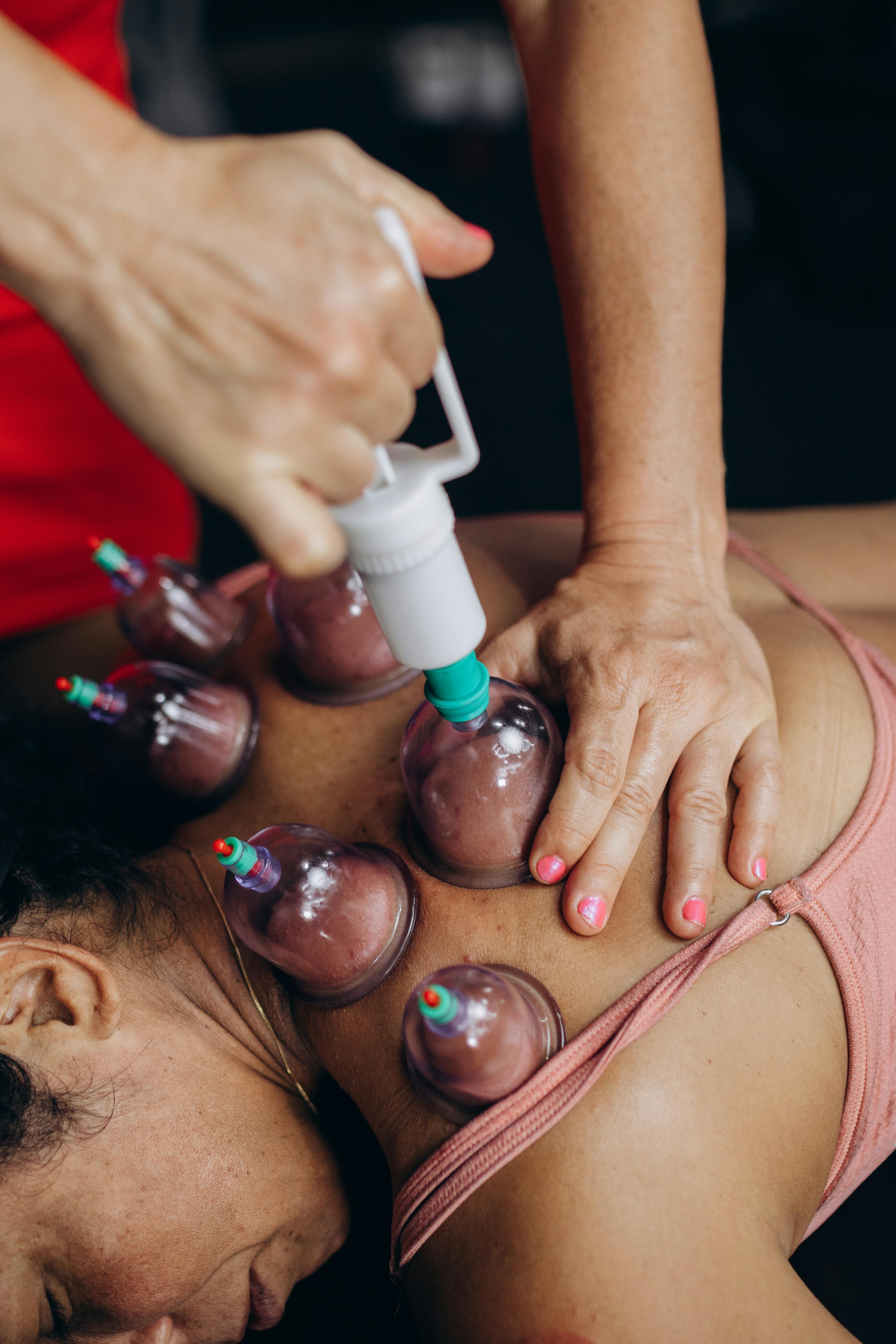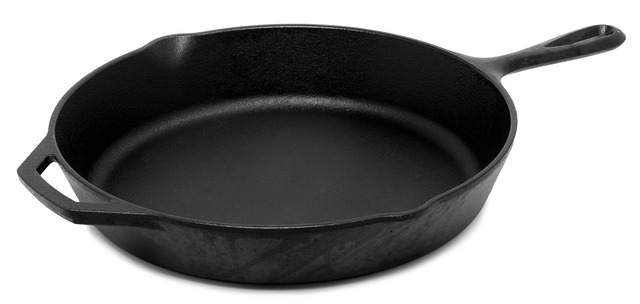TENS Massager: How it Works for Muscle Relief and Relaxation
A TENS massager delivers small electrical pulses through adhesive pads on the skin to influence nerve activity and reduce the perception of pain. Devices vary in size, pad configuration, intensity settings and modes; they are used in clinical settings and at home for short-term symptom control and as an adjunct to other therapies. Understanding how TENS differs from hands-on treatments and electronic tools helps you choose the right approach for specific discomforts and goals.

This article is for informational purposes only and should not be considered medical advice. Please consult a qualified healthcare professional for personalized guidance and treatment.
How does a TENS Massager differ from a massage gun?
A massage gun uses percussive mechanical action to apply rapid, localized strokes to soft tissue, aiming to loosen tight muscles and increase local blood flow. A TENS massager, by contrast, applies electrical stimulation to sensory nerves through adhesive electrodes on the skin. The two tools act by different mechanisms: the massage gun affects muscle tissue and fascia via mechanical impact, while TENS targets nerve signaling and pain modulation. Many people use them at different stages—massage guns for warm-up or muscle tension, TENS for managing pain signals—rather than as direct substitutes.
How does TENS technology work?
TENS stands for transcutaneous electrical nerve stimulation. The device sends pulsed electrical currents through the skin to sensory nerves beneath the electrodes. These pulses can alter how pain signals travel to the spinal cord and brain, and may encourage release of endogenous substances that influence pain perception. Settings typically include adjustable pulse rate (frequency), pulse width (duration), and intensity level. Because responses vary among individuals, users usually experiment with modes and intensity under professional advice to find tolerable, effective settings for symptom management.
How does TENS help muscle recovery?
Although TENS does not directly “massage” muscle fibers, it can support muscle recovery by reducing pain that limits movement and by encouraging circulation in the treated area. Lower pain levels can permit earlier gentle mobilization or exercise, which is often important for rehabilitation. Some TENS devices also include low-frequency modes intended to stimulate muscle contraction for neuromuscular re-education; these are distinct from typical pain-relief settings and should be used under professional direction, especially following injury or surgery.
Can a TENS Massager support relaxation?
TENS can contribute to a sense of relaxation for some people by decreasing pain and tension that interfere with rest. Certain lower-frequency or rhythmic stimulation programs feel soothing to users and may reduce the stress or anxiety associated with chronic discomfort. However, effects are subjective: while some users report improved sleep or relaxation after sessions, others find the sensation distracting. Combining TENS with other relaxation practices—breathing, gentle stretching, or a calm environment—can enhance overall comfort and perceived benefit.
How does a TENS Massager fit into overall wellness?
In the context of wellness, TENS is often positioned as one tool among many for non-pharmacological symptom management. It may be integrated with physical therapy, exercise, ergonomic changes, and lifestyle interventions aimed at long-term function. When considering a TENS device for home use, evaluate features such as adjustable intensity, multiple channels for more than one treatment site, pad quality, battery life, and clear user instructions. Always align device use with guidance from a clinician when addressing chronic conditions or complex health concerns.
Conclusion
A TENS massager is a noninvasive option that uses electrical stimulation to influence nerve signals and help manage pain or discomfort, distinct from mechanical tools like massage guns. It can be useful as part of a broader recovery or wellness plan when used appropriately and with attention to safety considerations. Consult a healthcare professional for tailored recommendations and to determine whether TENS is an appropriate addition to your care.




